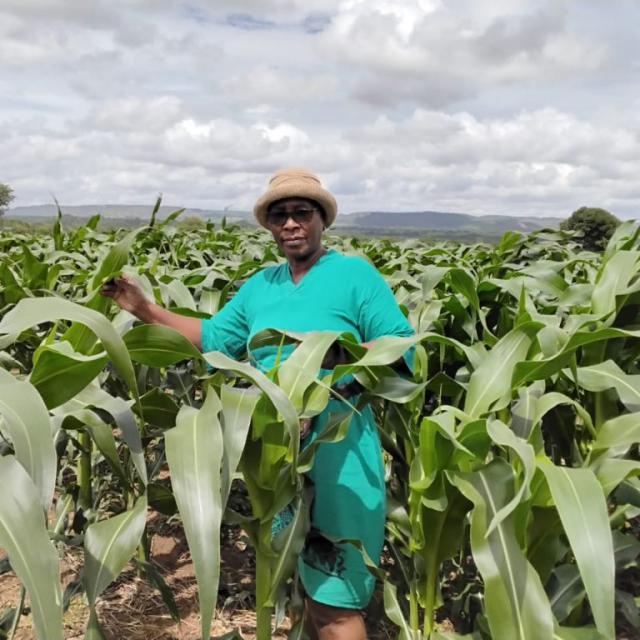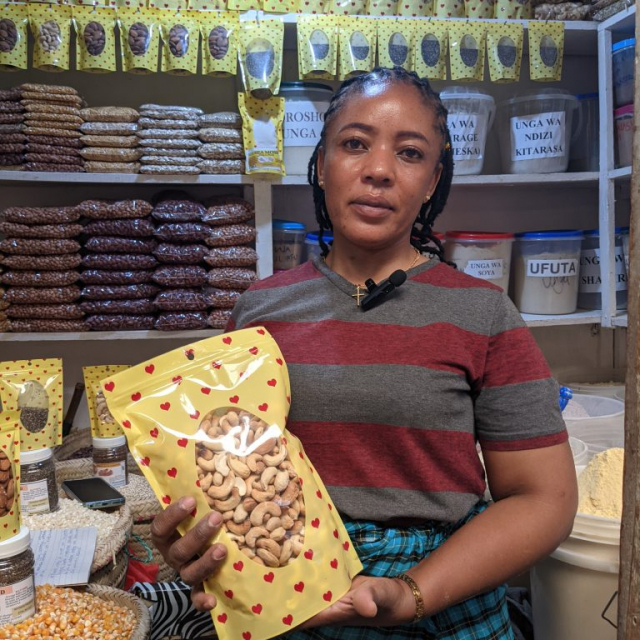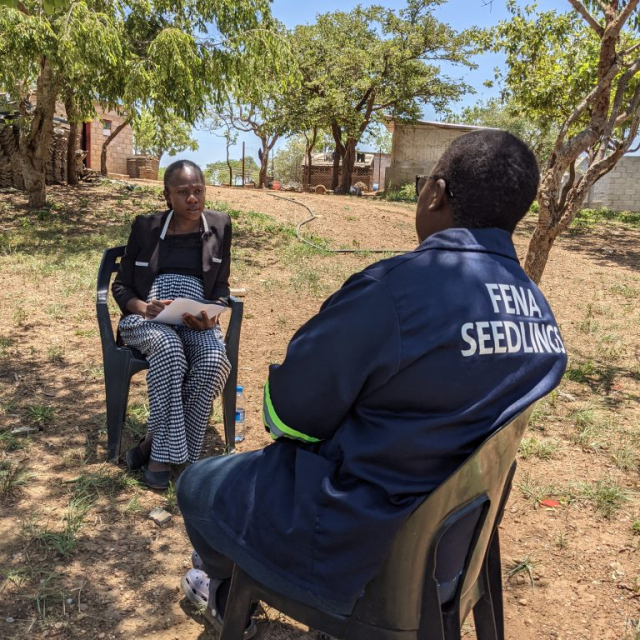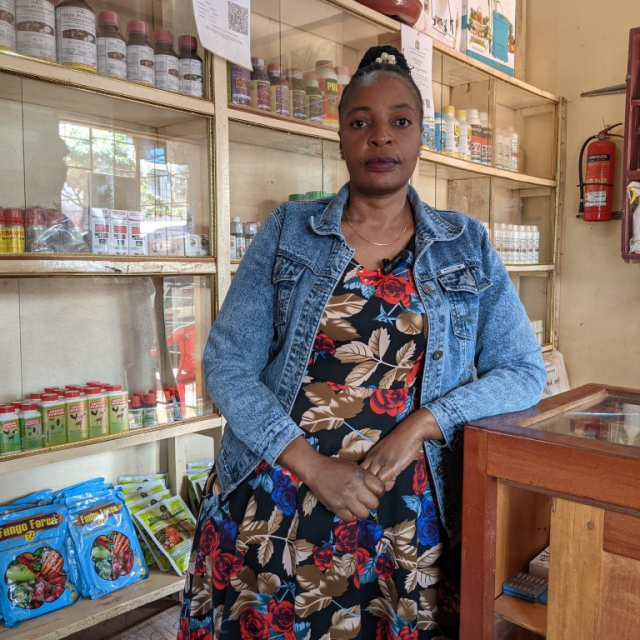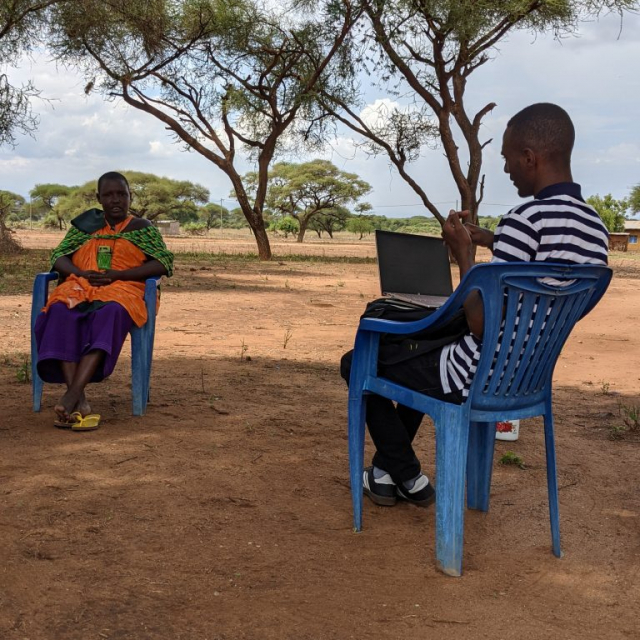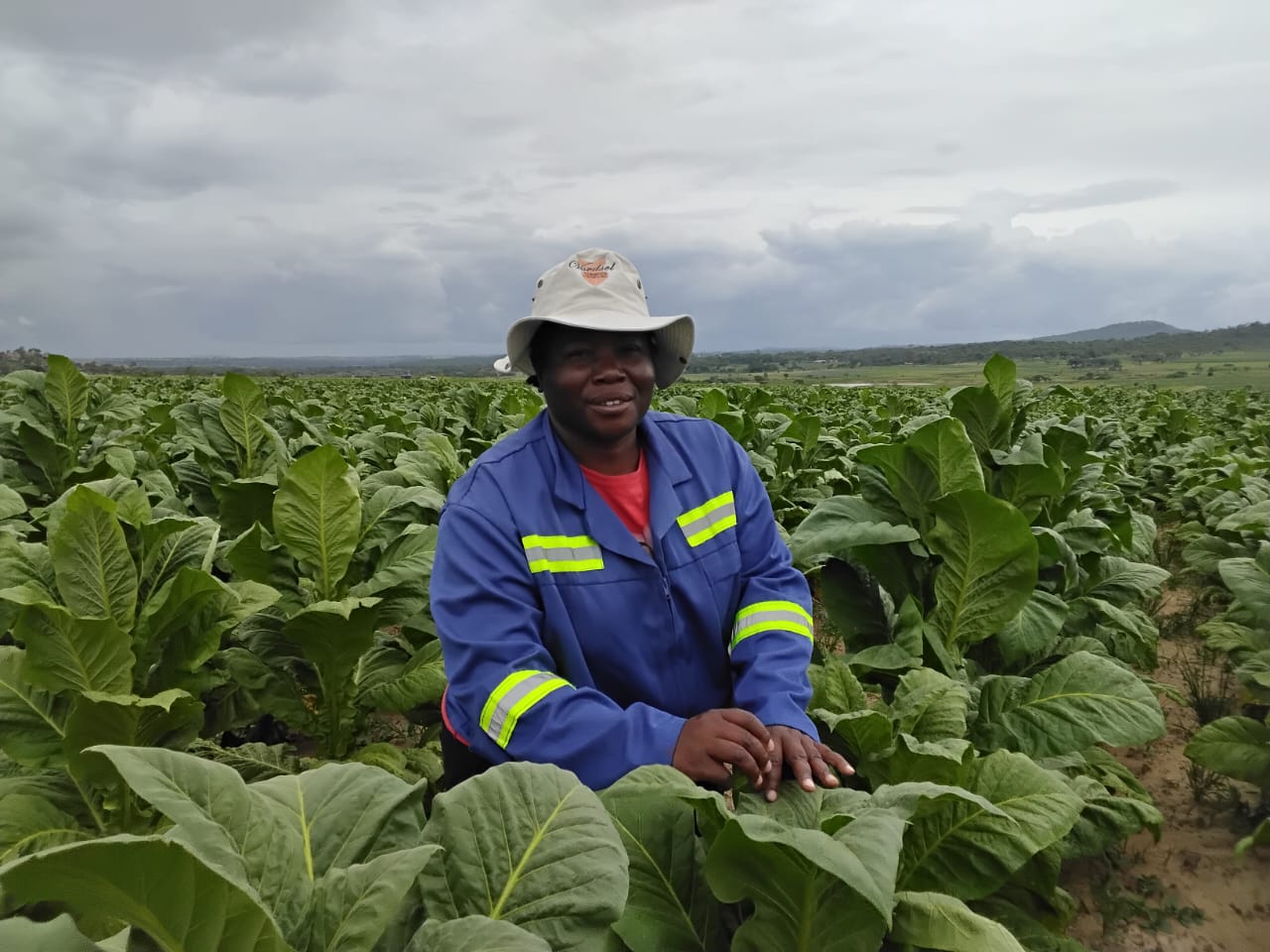
ETG-AfDB/AFAWA PROJECT
GOAL
To conduct a gender diagnostic assessment aimed at identifying gender gaps affecting women-led businesses and female employees. This assessment will provide actionable recommendations and insights into gender-sensitive strategies and gender-smart solutions that will inform the design and implementation of the project.
LOCATION
Mozambique, Tanzania, Zambia, Zimbabwe
DURATION-
2024
-
2025
FARMERS
Women owned or led small and medium enterprises (WSMEs), women cooperatives and women employees of ETG
VALUE CHAINS
Groundnut, Maize, Soybean
PARTNERS
ETC Group (ETG), African Development Bank (AfDB)
FUNDING
Bridging gender gaps for women in agribusiness across Sub-Saharan Africa
In 2023, 53% of working women in Sub-Saharan Africa were employed in agriculture, contributing 60–70% of the region’s food production (IMF, 2023; FAO). Yet, despite their critical role in food security and economic growth, women face persistent challenges, including limited access to land, finance, and business resources. These barriers hinder their ability to scale their businesses and maximize their impact in the agricultural economy.
Recognizing these challenges, ETG and the African Development Bank (AfDB) partnered to launch the ETG-AfDB/AFAWA Project, aiming to enhance women's access to finance, leadership opportunities, and entrepreneurial growth across the region. This initiative aims to empower women-led small and medium-sized enterprises (SMEs), women employees within ETG operations, and women's cooperatives, which play a critical role in supporting women's access to financing in Mozambique, Tanzania, Zambia, and Zimbabwe.
Empowering Farmers Foundation (EFF) leads the first component of the project, running from August 2024 to February 2025, which focuses on conducting a gender diagnostic and training needs assessment among women-led SMEs and female employees. This will be achieved through detailed contextual analysis and baseline surveys to understand the gender landscape. For women-led SMEs, the project aims to identify challenges in accessing finance, business management support, and opportunities for scaling operations. For women employees, the emphasis will be on identifying leadership gaps and providing pathways for career advancement within ETG’s businesses, as well as developing entrepreneurship skills.
Key project activities, achievements and impact to date
• Contextual analysis: conducted a comprehensive contextual analysis of the gender landscape in agribusiness and SME ecosystems across Mozambique, Tanzania, Zambia, and Zimbabwe. The analysis assessed the enabling environment, identified policy gaps, and reviewed gender policies in Sub-Saharan Africa, along with ETG’s country-specific gender policies.
• Baseline surveys and focus group discussions: collected data from 157 women-led SMEs, 312 female employees, and 117 women cooperative members to capture their lived experiences. The findings highlight key challenges and opportunities for women in agribusiness.
• Final report: summarizing key findings and recommendations from the gender diagnostic and training needs assessment. This foundational report will guide ETG and AfDB in shaping project interventions. Between 2025-2028, the project aims to enhance career advancement opportunities and improve business performance for women in agriculture.

